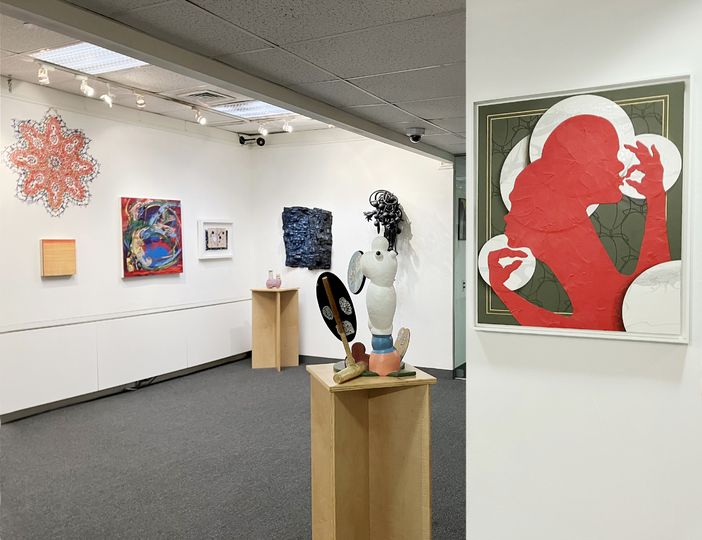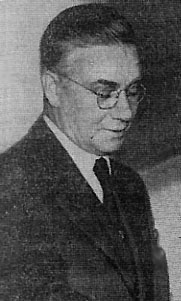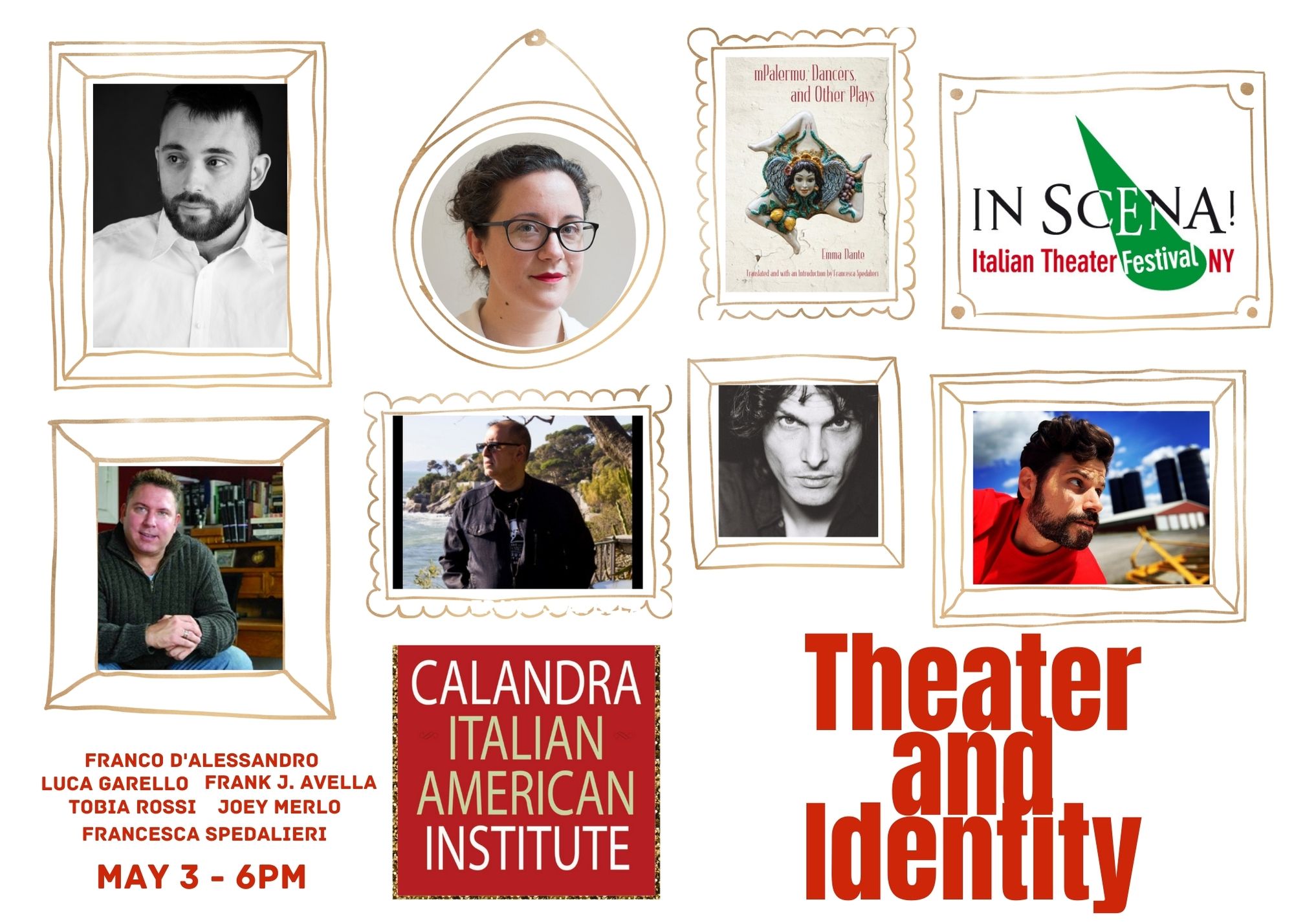On May 9, 2023, Bordighera Press republished The Italians in America Before the Revolution, by Giovanni Schiavo, as the first book in the Giovanni Schiavo Series.
On Wednesday, May 24, 2023, join Stanislao G. Pugliese, Marcella Bencivenni, and Stephen J. Cerulli at the John D. Calandra Italian American Institute for a conversation on Schiavo, his legacy, and the practice of Italian American history.
Giovanni Schiavo is considered one of the pioneers of Italian American studies. He dedicated his life to highlighting Italian contributions to the United States of America. Schiavo published numerous volumes on Italian American history including: Italian-American History: Volume I; Italian-American History Volume II: Contribution to the Catholic Church; Four Centuries of Italian-American History; The Italians in America Before the Civil War; The Italians in America Before the Revolution; Antonio Meucci: Inventor of the Telephone; Italians in Missouri; and The Italians in Chicago.
The Giovanni Schiavo Series aims, in honor of its namesake, to “attempt to rescue from oblivion” the work of the founders of Italian American and Italian Diaspora studies as an academic discipline. The field has expanded greatly, especially during the last twenty-five years of the twentieth century; as a result, a plethora of contemporary works fill the shelves of scholars, readers, and university libraries. However, many of the classics remain out of print. Hence, in the spirit of Giovanni Schiavo, who sought to highlight the experience of Italian Americans’ forgotten past, we seek to do the same but with scholarly works on Italian American subjects.
Stanislao G. Pugliese is the Queensboro UNICO Distinguished Professor of Italian & Italian American Studies at Hofstra University. He specializes in modern Italy, Italian Fascism and anti-Fascism, the Holocaust, Italian Jews, Italian American history and culture, and modern Europe’s intellectual and cultural history. He is the author, editor, and/or translator of fifteen books on Italian and Italian American history. In 2009, Farrar, Straus, and Giroux published Bitter Spring: A Life of Ignazio Silone, which won the Fraenkel Prize in London, the Premio Flaiano in Italy, and the Howard Marraro Prize from the American Historical Association. He co-edited The Routledge History of Italian Americans with William Connell.
Marcella Bencivenni is a professor of history at Hostos Community College, CUNY. Her research focuses on the histories of im/migration, labor, and social movements in the modern United States, with a particular interest in the Italian diaspora. She is the author of Italian Immigrant Radical Culture: The Idealism of the Sovversivi in the United States, 1890–1940 (NYU Press, 2011, repr. 2014), and co-editor of Radical Perspectives on Immigration (Routledge, 2008), a special issue of the journal Socialism and Democracy of which she is an editorial board member. She is editor emerita of the Italian American Review.
Stephen J. Cerulli is the Bennet Distinguished Fellow at Fordham University, where he is a PhD candidate in modern history. He holds two appointments at The City University of New York as a Lecturer in Social Sciences at Hostos Community College (CUNY), and as a researcher at the John D. Calandra Italian American Institute, Queens College (CUNY). He sits on the board of the Italian Enclaves Historical Society. His writings on Italian America have appeared in La Voce di New York, Ovunque Siamo, and Pumarol.
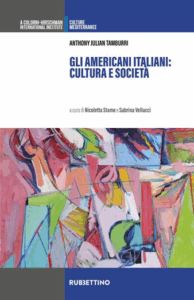 Anthony Julian Tamburri is a leading figure in the field of Italian/American studies. Examining literary and cinematographic works from the perspective of cultural issues related to the concepts of memory, ethnicity, migration, and diaspora, Tamburri has argued for the need to broaden the concept of “Italian identity,” which in recent decades has extended far beyond traditional boundaries. Tamburri has thus initiated a dialogue that aims to launch an interactive process of shared practices and knowledge, which can benefit both “Italian” communities, including in their relations with other American ethnic communities, and the wider contexts in which we operate, including the Mediterranean and countries where the Italian diaspora is present: a textual and cultural journey that ‘will certainly not be easy, as it will confront us with a series of linguistic, cultural and […] ideological deviations’ and will force us to take a close look at stories that have long been removed from our collective imagination.
Anthony Julian Tamburri is a leading figure in the field of Italian/American studies. Examining literary and cinematographic works from the perspective of cultural issues related to the concepts of memory, ethnicity, migration, and diaspora, Tamburri has argued for the need to broaden the concept of “Italian identity,” which in recent decades has extended far beyond traditional boundaries. Tamburri has thus initiated a dialogue that aims to launch an interactive process of shared practices and knowledge, which can benefit both “Italian” communities, including in their relations with other American ethnic communities, and the wider contexts in which we operate, including the Mediterranean and countries where the Italian diaspora is present: a textual and cultural journey that ‘will certainly not be easy, as it will confront us with a series of linguistic, cultural and […] ideological deviations’ and will force us to take a close look at stories that have long been removed from our collective imagination.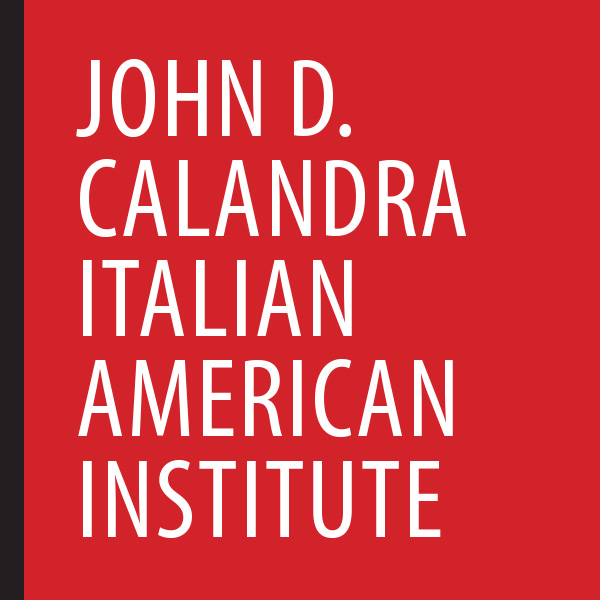
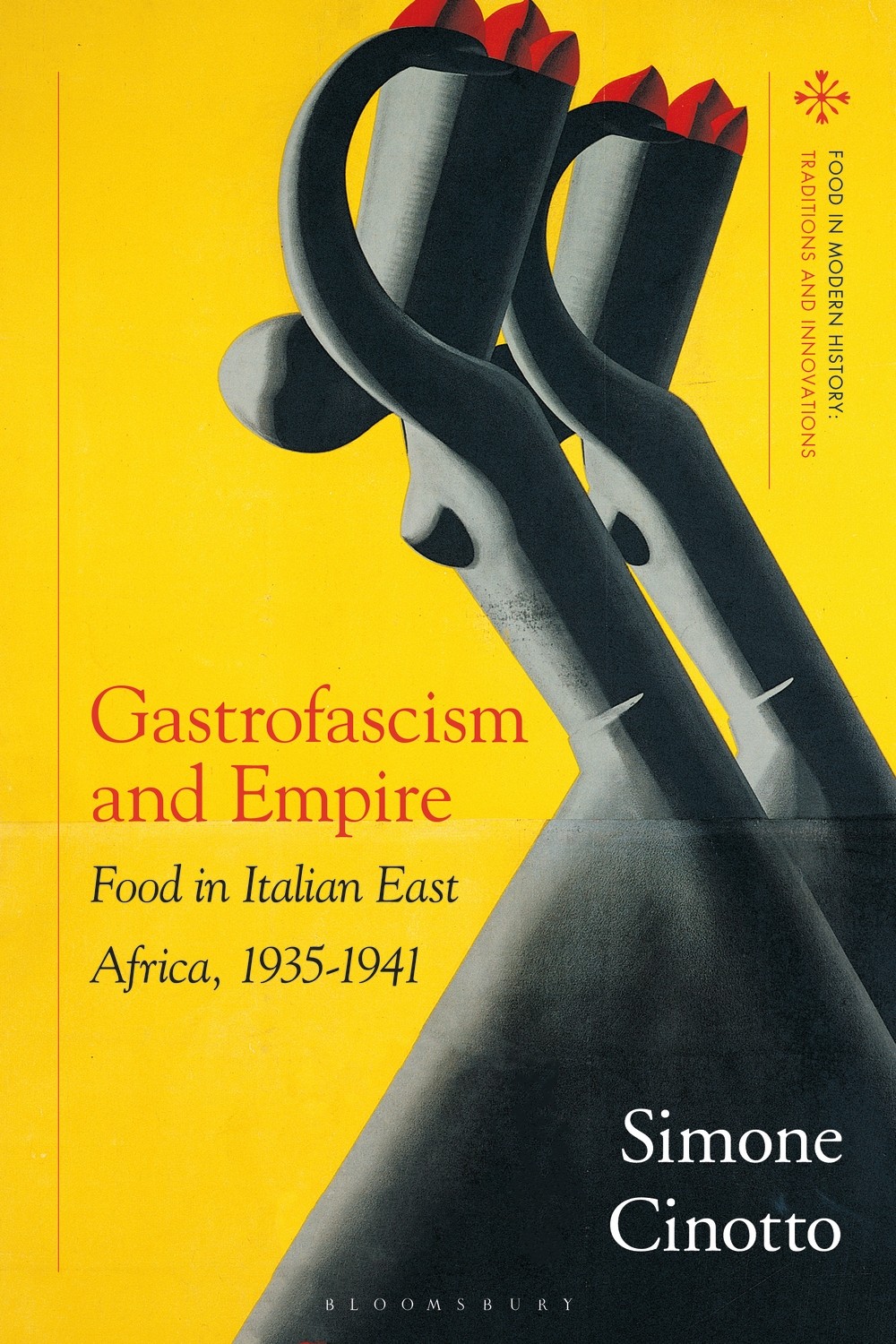
 Scholars and interested participants began gathering at the Institute on April 26 to listen to presentations by speakers from around the world on the theme of this year’s conference, Translating Italian Mobilities. All sessions were livestreamed. With ten panels and individual presentations on topics related to translation and a keynote (“Rescue, Restore, Redeem: On Translating I Promessi Sposi“) by Michael F. Moore and Lawrence Venuti (“The Bourgeois Shudder: Translating Dino Buzzati’s Politics of Fantasy”)(with discusant Loredana Polezzi), the conference lasted two full days and provided ample material and opportunities for lively and collegial discussion. To review the program and see all the presenters and their topics, click
Scholars and interested participants began gathering at the Institute on April 26 to listen to presentations by speakers from around the world on the theme of this year’s conference, Translating Italian Mobilities. All sessions were livestreamed. With ten panels and individual presentations on topics related to translation and a keynote (“Rescue, Restore, Redeem: On Translating I Promessi Sposi“) by Michael F. Moore and Lawrence Venuti (“The Bourgeois Shudder: Translating Dino Buzzati’s Politics of Fantasy”)(with discusant Loredana Polezzi), the conference lasted two full days and provided ample material and opportunities for lively and collegial discussion. To review the program and see all the presenters and their topics, click 
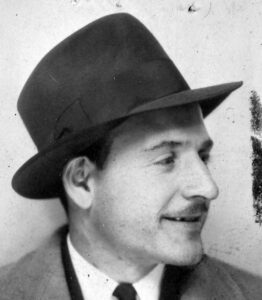 SCOPE OF THE FELLOWSHIP
SCOPE OF THE FELLOWSHIP